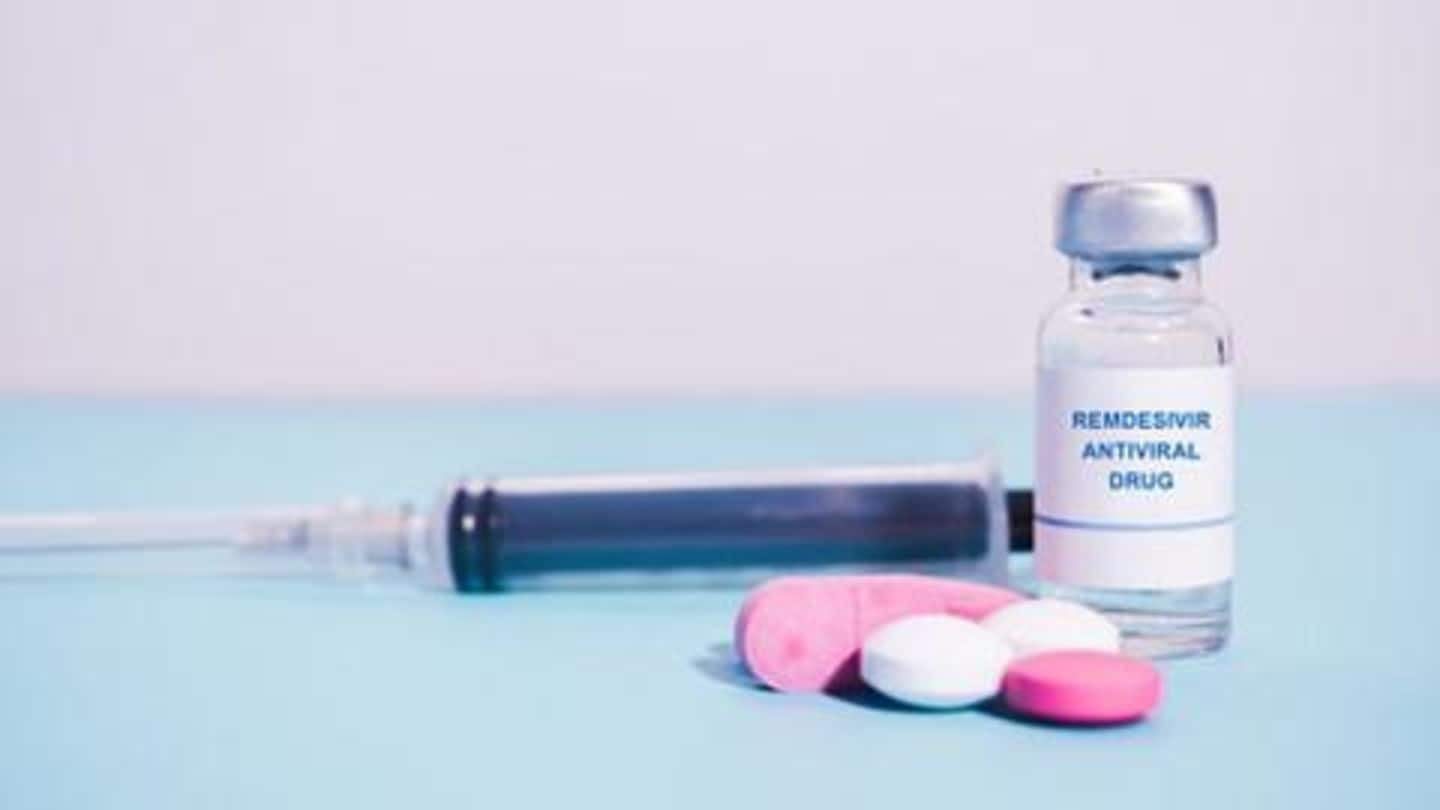
India gears up to develop key COVID-19 drug: Details here
What's the story
The US recently approved Remdesivir, a key antiviral drug from Gilead Sciences, for emergency use on COVID-19 patients.
Now, India appears to be working on its development, with the Hyderabad-based Indian Institute of Chemical Technology synthesizing key starting materials (KSMs) for Remdesivir - the first step of developing an active pharmaceutical ingredient for a drug.
Here's all you need to know about it.
Development
Three KSMs prepared by IICT
In a recent conversation with Hindustan Times, Dr. Srivari Chandrasekhar, the Director of IICT, said that Remdesivir has three KSMs - Pyrrole, Furan, and a Phosphate intermediate - and synthesizing them is a key step towards drug development.
"These key starting materials for Remdesivir are available in India and chemical companies can manufacture these," he said. "Other reagents can be sourced from different countries."
Demonstrations
Technology demonstrations for manufacturing
Along with material synthesis, IICT has also started technology demonstrations for leading pharmaceutical companies, like Cipla, with the goal to enable them to begin manufacturing in India, if the need arises.
However, it is worth noting that Gilead Sciences, the company that has developed Remdesivir, holds a patent that allows the drug to be manufactured only for research, not commercialization.
Efficacy
Remdesivir has proven effective in clinical trials
The move from IICT, which has also been confirmed by Health Minister Dr. Harsh Vardhan, comes in light of Remdesivir's promising performance in initial clinical trials on COVID-19 patients.
Specifically, the drug was administered on coronavirus patients, under the guidance of the US National Institute of Allergy and Infectious Diseases, and was able to help them recover four days sooner than other placebo-involving treatments.
Remarks
However, Health Ministry said US study is inconclusive
However, following US's nod to Remdesivir, the Ministry of Health and Family Welfare said that the study conducted is inconclusive and it is waiting for 'larger evidence' to support its use.
India has received 1,000 doses of the drug for WHO's Solidarity Trials, and now, with the support from IICT, that capacity is likely to be increased for more comprehensive clinical testing.
Information